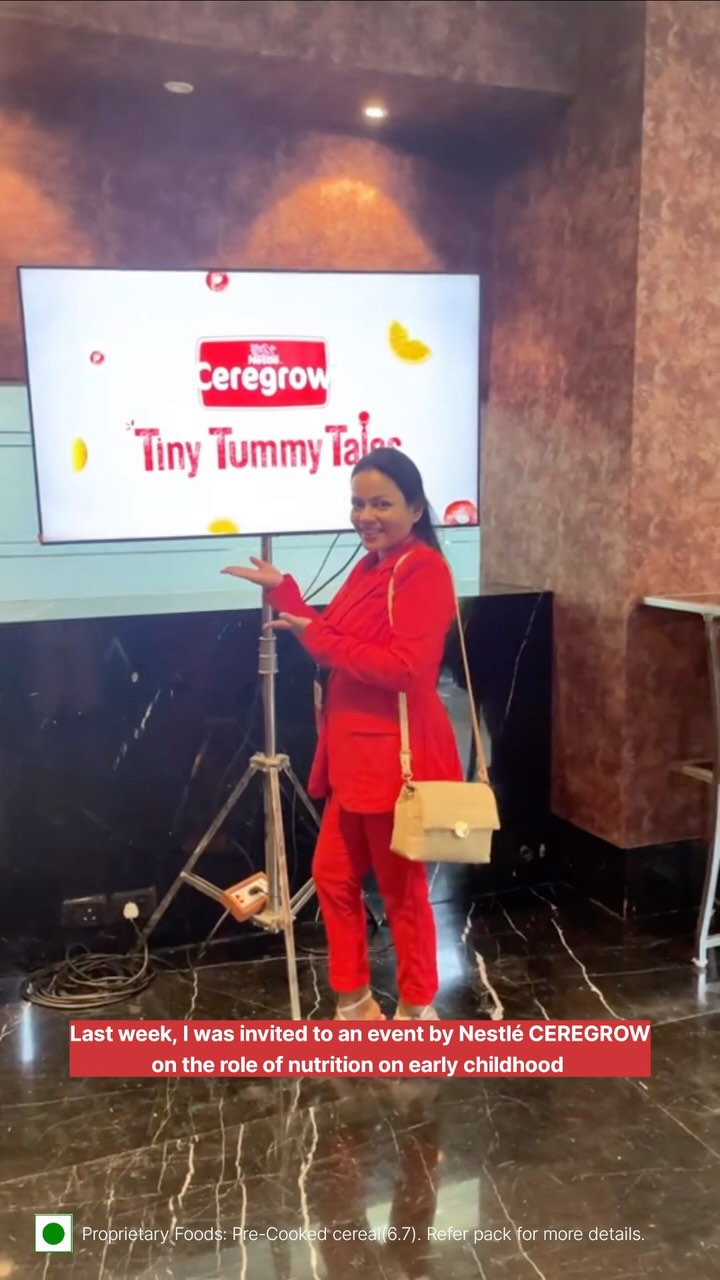From Saheb Bibi Golam to Onek Diner Pore: A look at strong female characters in Bengali cinema
Recently, I got the chance to watch the movie Onek Diner Pore on ZEE5. Released exclusively as a web film on the platform, the movie is an intense watch, thanks to its well-written and complex central characters – a group of four friends meeting at a reunion. However, this is not the first time Bengali audiences have been introduced to strong female characters. Right since the golden age of Parallel cinema in India, Bengali cinema has carved its own identity, creating films and characters that were not just fresh but also relevant years into the future. Putting the spotlight on some of the best female characters in Bengali film history, we shall try charting its evolution over the years, in reverse chronological order.
Onek Diner Pore (2019) – All the four central characters

Through Onek Diner Pore, director Debarati Gupta tries to unveil the facade that women are either forced to or succumb to in the name of societal pressure. Essentially a dialogue driven film powered by a conversation between four long lost friends, the movie is able to tackle multiple issues in one go. Starring Swastika Mukherjee, Sudipta Chakraborty, Palomi Ghosh and Rupanjana Maitra in the lead, a major victory of the movie is how it paints neither its characters nor its scenes as black and white. Rather, it walks a grey line wherein no one is a villain per se, not even in the men in the movie, as cliche dictates usually.
Take One (2014) – Doel Mitra
Right when Doel Mitra (Swastika Mukherjee) is in the middle of shooting a mythological film as Ramayana’s Sita, a sex scene from one of her foreign films gets leaked online. Leading to instant infamy, the movie follows Doel as she takes on the hypocritical society she lives in. Said to be inspired by a similar real-life incident, the movie gives a scathing view into Indian society as it heads into the age of the internet. At the same time, in Doel, it gives us a powerful character that is flawed but fearless unapologetic too, something Indian movies in general lack.
Paromitar Ek Din (2000) – Sanaka, Paromita and Khuku
Though Sanaka (Aparna Sen) and Paromita (Rituparna Sengupta) are mother-in-law and daughter-in-law by relation, they end up becoming thick friends with time. However, when Paromita’s marriage with Sanaka’s son ends, societal conventions demand that they drift apart. How Sanaka and Paromita deal with this sudden separation and deal with societal expectations forms the crux of the story. Directed by Aparna Sen, the movie provides a nuanced glimpse into themes like loneliness and friendship. Very life-like in its approach, Paromitar Ek Din feels like a story we wish to hear in our neighbourhood. In terms of performances, Aparna Sen and Rituparna Sengupta are in top form. However, Sohini Sengupta as Khuku steals the thunder whenever she is in the frame.
Parama (1984) – Paroma
Another Aparna Sen directorial, the movie follows the life of Paroma (Raakhee), a 40-year-old married woman, who is the ideal wife, sister-in-law and daughter-in-law. However, her life changes forever when a photo-journalist Rahul (Mukul Sharma) chooses her as the face for his next cover photo, inspired by the Indian housewife. Over time, Paroma rediscovers herself as she gets involved in a passionate affair with Rahul. But when the affair is revealed to the world, Paroma needs to muster all her courage to stand for her own identity. Referred to by Aparna Sen as one of her most feminist films, the movie anchors itself on the strong and complex characterisation of Paroma. She is unlike any female character we have seen in Bengali cinema.
Saheb Bibi Golam (1956) – Choto Bou Rani
A classic film for cinephiles, Saheb Bibi Golam is the golden standard for human dramas in Bengali cinema. Featuring Sumitra Devi, Uttam Kumar and Chhabi Biswas in the lead roles, the movie focuses on the titular characters through the fall of feudalism in 19th century Bengal. In the movie, Sumitra Devi’s character Choto Bou Rani is the perfect embodiment of heartbreak. But at the same time, she is someone who does not give up on people she holds dear, even if it sets her on the path of self-destructive alcoholism. Poetic, poignant and mesmerising, the character Choto Bou Rani is someone people will continue to remember for years to come.
There are many more female characters that Bengali cinema has shared with the world, over the years. So, this article is just the tip of the iceberg that you need to explore for richer revelations. So, revisit these films and indulge in some food for thought as a cinema enthusiast.












































Movies ya tv bahut hi kam dekhti hu per in movies ki story ne touch kiya
Paroma ka struggle sach laga, Doel Mitra ka situation bhi easily realate kar saktey hain
No doubt Aparna Sen jitni khubsurat hain unki hi acchi actor n strong director bhi hain 👍👍